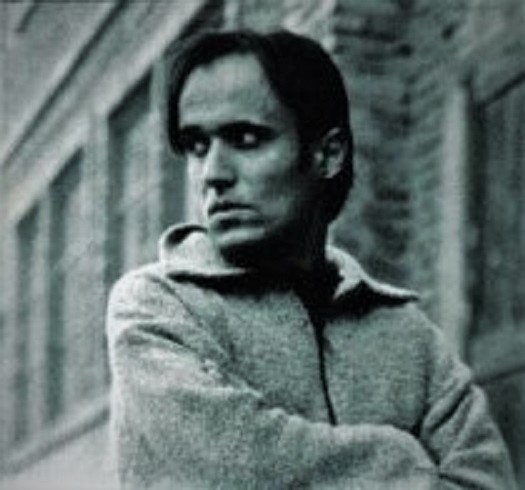Dear readers,
Perhaps we all know about the Francis Fukuyama’s theory about the “end of history” which in the end of the 80s competed for the “supreme truth” together with Samuel Huntington’s “clash of civilisations”.

Then-young and aspiring Rand liberal Fukuyama predicted that, with the imminent collapse of the Soviet Union, the last ideological alternative to liberalism will be eliminated, just like fascism once was. It was brilliantly timed, just before the Gorbachev’s autodestruction of the USSR, the fall of the Berlin Wall and the Czechoslovakian Velvet Revolution. It was, thus, triumphant. But it was, as The New Yorker points out, a bit eurocentric. It did not predict the Tienanmen events or recent illiberal movements. If we talk about the free market or consumerism, hey, they are there in Russia, Iran, China, Turkey. Liberal, right? But, many of the political features are not. They want to show and find their own way. Fukuyama wrote another book, some 30 years later, to explain his postponement of the “end of history”. The history will not end because of the growing interest of different groups to express their identity they feel underrepresented in the current liberalist climate: “Vladimir Putin, Osama bin Laden, Xi Jinping, Black Lives Matter, #MeToo, gay marriage, ISIS, Brexit, resurgent European nationalisms, anti-immigration political movements, campus identity politics, and the election of Donald Trump” – they are all manifestations of it. Groups feel suppressed and want their voice to be heard. But saying that many of them are a threat to liberalism is like saying the expression of identity of the kids is threatening family unity. It is not. Some of them are violent, yet some are just the path to a less unjust world, starting with dissatisfaction. And the end of history is not near.